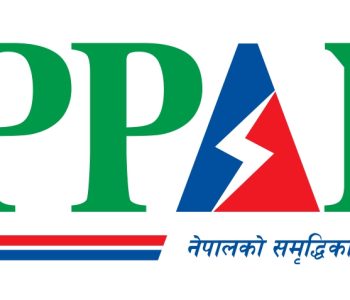Govt passes ordinance to amend cooperative act, proposes formation of National Cooperative Regulatory Authority

KATHMANDU: The Council of Ministers has approved an ordinance amending the Cooperative Act, proposing the establishment of a National Cooperative Regulatory Authority. The ordinance, titled “Some Nepal Acts Amendment Ordinance, 2081,” was passed during the Cabinet meeting held yesterday.
The ordinance, drafted by the Ministry of Land Management, Cooperatives, and Poverty Alleviation and finalized by experts appointed by the Council of Ministers, includes amendments to several acts, including the Cooperative Act, Nepal Rastra Bank Act, and Credit Protection Act.
According to Balram Acharya, Minister for Land Management, Cooperatives, and Poverty Alleviation, the ordinance proposes the establishment of a Cooperative Regulatory Authority and the creation of a Credit Protection Fund. The ordinance also aims to facilitate the return of problematic savings of up to NPR 500,000.
Key Provisions of the Ordinance
Formation of the Cooperative Regulatory Authority:
A five-member commission is proposed, including a chairperson, one expert, one chartered accountant, a joint secretary from the Ministry of Cooperatives, and a deputy registrar of the Cooperative Department as member-secretary.
The ordinance outlines a recommendation committee headed by a member designated by the Public Service Commission for appointing the chairperson and members, excluding the ex-officio members.
Classification of Cooperatives:
Cooperatives will be categorized into three tiers: ‘A,’ ‘B,’ and ‘C.’
The proposed authority will function as a powerful and autonomous body to regulate the cooperative sector, ensuring efficiency and strengthening the system.
Dissolution of the National Cooperative Development Board:
Once the authority is established, the National Cooperative Development Board will be dissolved.
Addressing Cooperative Issues:
A National Cooperative Regulatory Commission is proposed to resolve cooperative-related issues. The commission will comprise experts, the governor of Nepal Rastra Bank, and a chartered accountant as the chairperson.
Transparency and Accountability:
Deposits exceeding NPR 1 million in cooperatives will require disclosure of income sources.
Mechanisms will be in place to return funds to victims of cooperative fraud and recover money from defaulters.
Steps Forward
The Cabinet has decided to forward the ordinance to the Office of the President for approval. Additionally, the government has resolved to dissolve the existing cooperative board.
This move comes days after the Supreme Court issued an order to the government to submit progress reports on actions taken to address cooperative issues. A bench comprising Justices Kumar Regmi and Nityananda Pandey instructed the government to provide updates on the implementation of the Cooperative Special Investigation Report.
The Supreme Court also sought details on new laws being formulated and amendments to existing laws to address challenges in the cooperative sector.
The ordinance follows a writ petition filed by advocates, including Dr. Surendra Bhandari, who argued that the government had failed to address cooperative challenges and initiate efforts to return savings to affected depositors.
This development marks a significant step toward reforming Nepal’s cooperative sector, with a focus on regulation, transparency, and the resolution of longstanding issues impacting depositors and cooperatives alike.













Facebook Comment